Last weekend, I had the privilege of attending the Second Annual Pro-Life Women’s Conference in Orlando, Florida. It was a remarkable experience, and I learned much about the reality of the pro-life cause at present.
While the movement has made many strides in recent years, there is still much work to be done. Namely, the movement as a whole must continue injecting itself with an immense dose of compassion. On top of that, each activist needs to stay educated. After all, we’re promoting life. There is no better mission.
I’ve been an unashamed, unwavering pro-lifer since the age of 16, and have gone through a journey of my own as an activist. The instruction, encouragement, and even correction I’ve received has been priceless.
Here are some of my main observations post-conference.
There Is Unity In Our Diversity
Too often, those outside of the pro-life movement (and sometimes even within it) believe our cause to strictly be made up of GOP churchgoers. Worse than that, some believe that is all it should be. Neither the non-religious nor those of the opposite political persuasion should have a seat at the table, right? Wrong. The pro-life issue really is not a political or even religious one. It’s a moral one.
The science of embryology clearly states that life begins at conception. Many who call themselves pro-life rely on that truth alone, and it absolutely works. Personally, science supports my pro-life position, and Christianity points to the Creator of that life. These work harmoniously to make up the foundation of my stance. However, some focus on the former alone, and their voices are just as powerful.
The groups represented at the pro-life conference included the following:
- The Pro-Life Alliance of Gays and Lesbians
- Feminists for Life
- Secular Pro-Life
- Democrats for Life
I spoke with representatives (or the president) of each of these organizations, and their pro-life passions were more than evident. I do not align which each facet of their worldviews, and they don’t with mine, but this did not – and does not – matter. Unity isn’t a very popular word, but it more than works in this instance. I don’t need to hold the exact same beliefs as a fellow activist for either of us to be vocal about the poison that is abortion and the hope women facing an unplanned pregnancy can have.
We need more diversity within our cause. The issue of life demands it.
We Must Focus More On The Woman
There is a tendency to focus only on the unborn life in each possible abortion situation. However, that’s only part of the equation. Each pregnancy involves both a woman and her unborn child(ren). (Obviously, there is a father involved with each pregnancy, too.) Making the pro-life issue only about the unborn child is a refusal to be fully pro-life. We can, and should, promote that the pro-life cause is about the health and wholeness of babies and mothers. Life shouldn’t end for a child unexpectedly on their way, and it does not mean an end to the mother’s dreams/plans/goals.
At the conference, there were several panels of discussion on a range of topics with a variety of individuals. One was a birth mom panel. The term “birth mom” refers to a woman who has faced an unplanned pregnancy and ended up placing her child with adoptive parents after the birth. In my opinion, this is the height of courage. In a society which tells them abortion is their “right,” standing squarely against such murderous ranting takes strength. Not only that, many women must deal with less than supportive family and friends who look on them disdain.
- One panelist went to Planned Parenthood to have an abortion, but the abortionist could not perform it because of cervical intolerance. Her son is now 2 years old and lives with his adopted family. She currently works at a pregnancy care center and counsels women away from what she almost did.
- One panelist almost chose abortion because her life centered around drugs, and she lived in an unsafe environment with an abusive boyfriend. She couldn’t go through with it, placed her daughter with adoptive parents, and works in the pro-life community now.
- One panelist, a young black woman, got pregnant by her white boyfriend and considered abortion because his family would not tolerate a mixed baby. Her son is less than a year old, lives with his adoptive parents, and she ministers to young women facing the same issues she faced.
If we don’t support women through these crucial crises, they will choose abortion. If we don’t reaffirm that just like their unborn child, their own lives matter, too, can we really declare that we are fully pro-life? If we don’t seek to bring wholeness to women who genuinely believe there is no place to turn, then we will be losing some of the most powerful advocates for life available to us.
We need to focus more on the women with unplanned swollen bellies who are desperately searching for hope. The issue of life demands it.
Black Lives Matter
One of the most eye-opening panels during the conference was one called “Engaging the Black Community.” It was a very frank, necessary, and refreshing discussion. If you’re unaware, the following is true:
- In New York City, more black babies are aborted than born alive.
- African-Americans make up 14% of the US population but 36% of all abortions.
Margaret Sanger, founder of Planned Parenthood, was a vocal proponent of eugenics. She singled out what she believed were the inferiors among us and announced that “their kind” needed to be dealt with through population control.
“Birth control itself, often denounced as a violation of natural law, is nothing more or less than the facilitation of the process of weeding out the unfit, of preventing the birth of defectives or of those who will become defectives,” Sanger wrote. —“Woman and the New Race,” 1920, Chapter 18: The Goal
Regarding the black population:
“We do not want word to go out that we want to exterminate the Negro population,” Sanger wrote. —Letter to Dr. Clarence Gamble on Dec., 10, 1939
The majority of Planned Parenthood clinics are located in minority, urban communities. Planned Parenthood preys upon the desperate and pregnant, seeking to “alleviate” their burden, all while continuing their founder’s goals.
The four women on the panel were all black women who work in the pro-life community. They are passionate about steering women away from abortion and providing hope. I was struck when panelist Catherine Davis, of the Restoration Project, brought up the Black Lives Matter movement in the same breath as the pro-life movement. Speaking to a mostly white crowd, she encouraged us to “see race” and acknowledge that abortion is a problem within all communities, including – and often, especially – the black community. She went on to say that being pro-life means promoting the worth of all individuals – the unborn, babies, children, teenagers, and adults. This also means recognizing that the black community grieves over officer-involved shootings, and rightly so. It is not helpful to say, “well, you care about black men but not black babies.” Such a thing will only serve to drive a wedge between communities. Can’t we promote all life? We should minister to the needs of the pregnant women within the black community while recognizing the fear and confusion faced by themselves and others surrounding them. A fully pro-life approach is necessary. This does not require us to approve of any criminal acts, whether they be committed by citizens or police officers.
We must approach all life as having worth. The issue of life demands it.
Needless to say, my time at the pro-life conference was inspirational and invigorating. I heard from women whose children were given adverse diagnoses in utero, and were told to abort. They did not. I heard from women who chose abortion and deeply regret it. I heard from pro-life OB/GYNs who refuse to bend to the pressure within the medical field to promote the legal homicide known as abortion. I heard from a peri-natal hospice worker who provides support for families whose disabled babies only survive a few hours after being born. I heard from saline abortion survivor Melissa Ohden, founder of the Abortion Survivors Network, who wasn’t supposed to survive the attempt on her life in 1977. I heard from college students who spread the pro-life message on decidedly hostile university campuses around the country. I heard from women who demonstrate at abortion clinics but don’t bring scorn, only love.
ALL affirm that life is the best choice for the unborn, their parents, our communities, and indeed, our world.
Do we have much work to do on the front lines, within discussions about abortion, and within our own hearts? Indeed. However, we are improving. As made evident by this phenomenal conference, the pro-life movement is strong, vibrant, diverse, honest, intelligent, and already brimming with compassion.
The issue of life demands that we continue on in this very pro-death world. Life truly empowers.

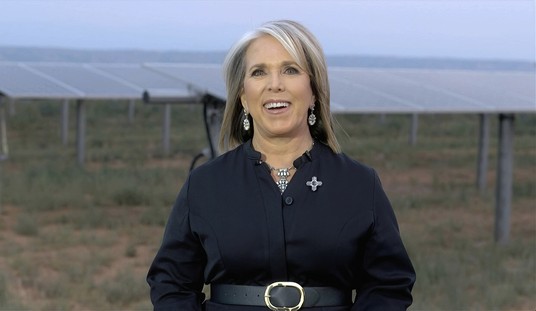




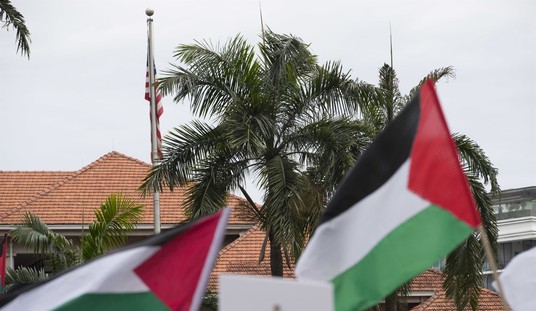
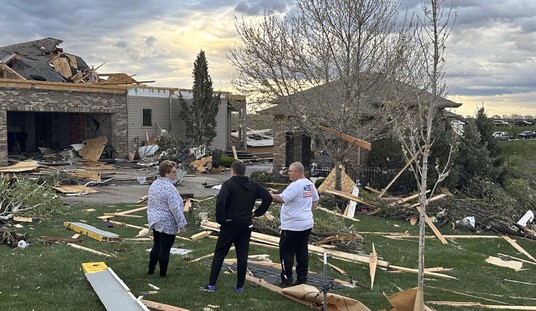
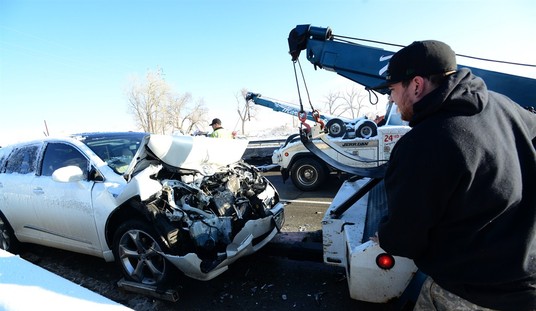


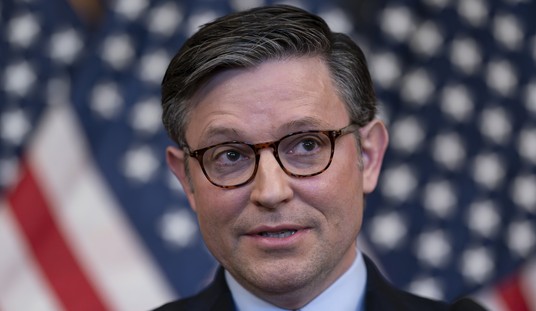
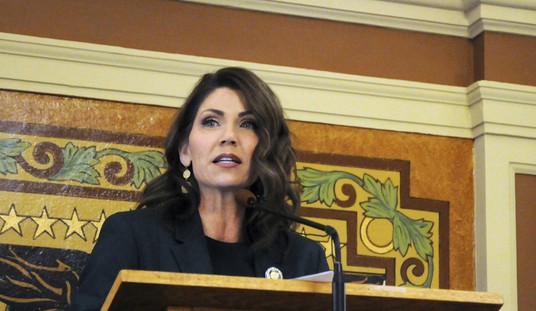
Join the conversation as a VIP Member